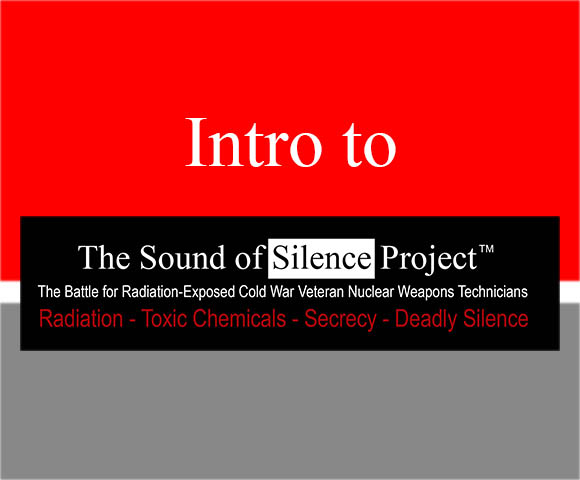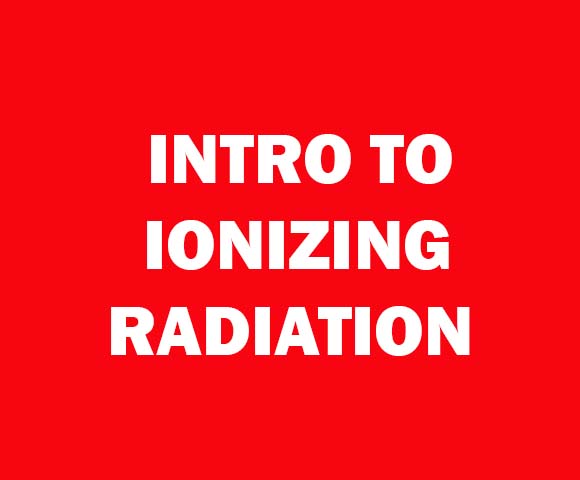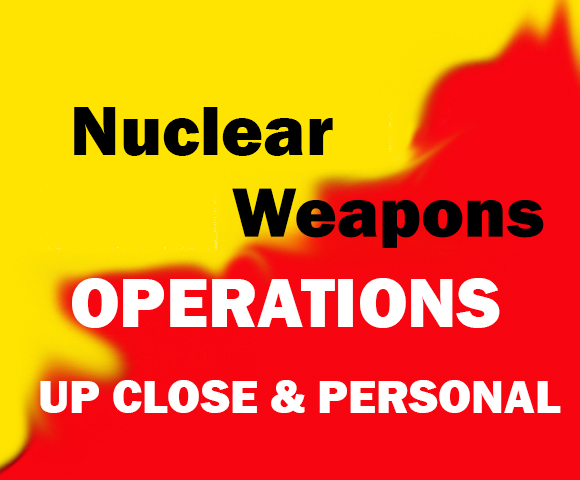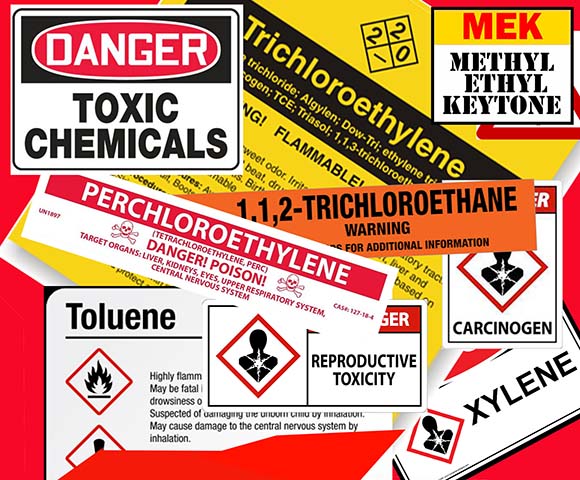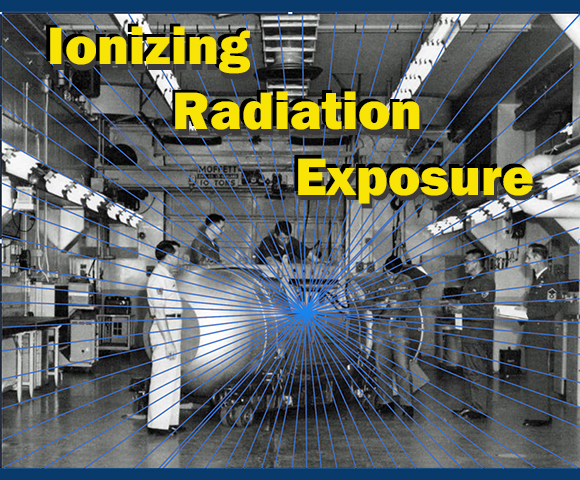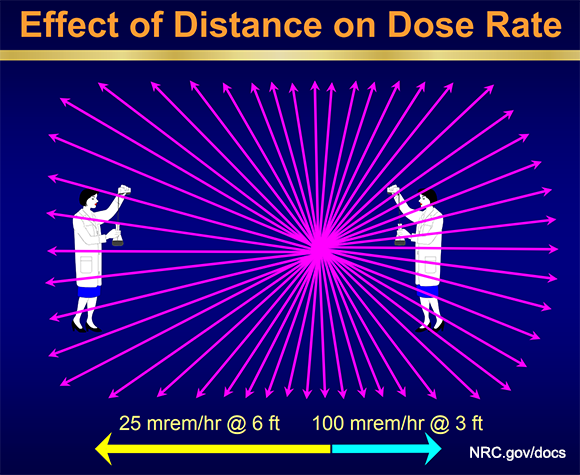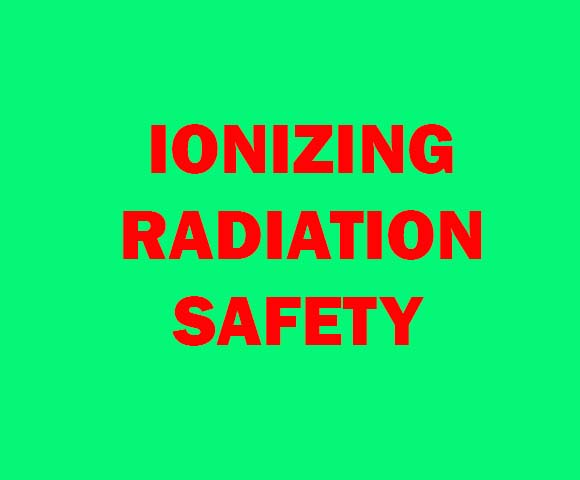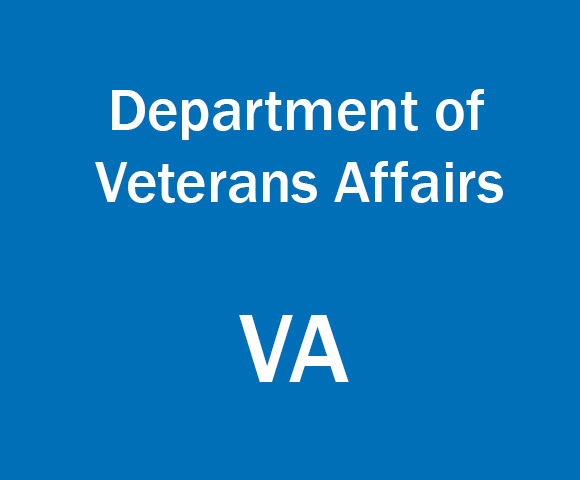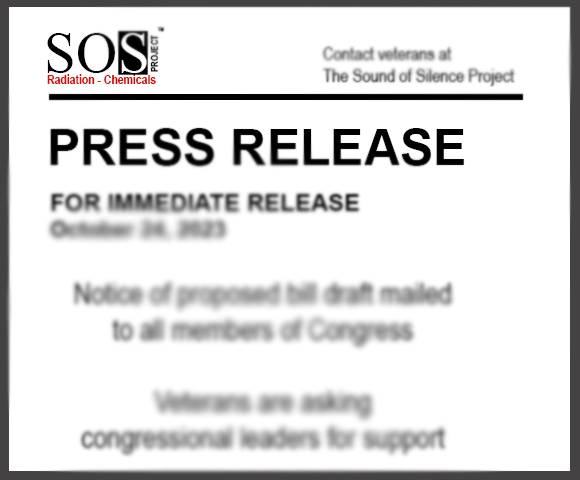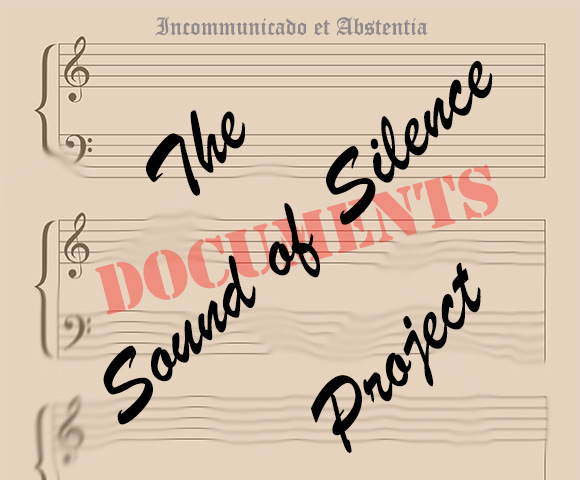
PROLOGUE
Page Under Construction (scheduled) - Please Excuse Our Dust
Cold War-era military veteran "Nuclear Weapons Technicians" worked in silence to maintain our Nation's nuclear weapons, directly contributing to our nuclear defense and deterrence.
Live nuclear weapons in our nation's stockpile emitted radiation through their exterior surfaces and through exposed components during maintenance and handling.
We worked without restrictions.
Per Federal law and the Veterans Administration...
Our Duties Were NOT Considered a
"Radiation-Risk Activity"
Per Federal law and the Veterans Administration...
we are NOT Radiation-Exposed Veterans
Veteran Nuclear Weapons Technicians worked with numerous toxic and carcinogenic chemicals, without adequate protection, while maintaining nuclear weapons and related equipment.
We worked without restrictions.
Per Federal law and the Veterans Administration...
we are NOT Toxic-Exposed Veterans
.... S I L E N C E .....
Few people know we existed
Many became sick, others died...
as a result of their "Non-Exposures"
The Sound of Silence Project...
Veterans Fighting For Veterans
U.S. Military Veteran Nuclear Weapons Technicians’ Contributions to the Nation
Since World War II, tens of thousands of military men and women have served our Nation in sustaining its nuclear defense. In the course of their work, they overcame previously unimagined technical and personal challenges. Thousands of these courageous Americans, however, paid a high price for their service, developing disabling or fatal illnesses as a result of their exposure to ionizing radiation, toxic chemicals, and other hazards unique to nuclear weapons maintenance and testing. Too often, these military veterans were neither adequately protected from, nor informed of, the occupational dangers to which they were exposed.
Existing veterans’ compensation programs have failed to provide for the needs of these veterans and their families. Veterans’ compensation programs have generally not included Nuclear Weapons Technicians from the Cold War period. In addition, because of long latency periods, the uniqueness of the dangers to which they were exposed, and inadequate exposure data, many of these individuals have been unable to obtain compensation benefits. This problem has been exacerbated by the policies of the Department of Veterans Affairs that discourage many legitimate claims of veterans who sought and continue to seek those benefits.
While the, Nation can never fully repay these, veterans or their families, they deserve recognition and compensation for their sacrifices. 1
Statement adapted from 2000 Presidential Executive Order regarding civilian DOE nuclear weapons workers
The preceding statement was adapted from an excerpt of United States Presidential Executive Order (EO) 13179, December 7, 2000, “Providing Compensation to America’s Nuclear Weapons Workers.” It is intended to demonstrate distinct similarities of some of the many dangers faced by military Nuclear Weapons Technicians with those of civilian Nuclear Weapons Workers—the subjects of the Executive Order—during the Cold War. It includes few changes except related references to Nuclear Weapons Technicians (military veterans) in place of Nuclear Weapons Workers (civilian employees); maintenance replaced production; difficulties with Department of Veterans Affairs claims in lieu of Department of Energy (DOE) opposition to civilian claims; the number of veterans compared to civilian DOE workers and contractors; and added toxic chemicals.
Military Veteran Nuclear Weapons Technicians — About Us
Nuclear Weapons Technicians served our Nation in the U.S. Army, Navy, Marine Corps, and Air Force (under various related job titles) during the Cold War period and helped maintain a strong, reliable nuclear weapons defense and deterrence. Those accomplishments directly helped prevent a third world war. While we kept “secrets” about our profession from our families, family members also served the Nation while providing support and enduring hardships that those conditions brought. National pride and dedication, with the critical nature of our military duties, masked the risks and dangers we encountered—on land, on the seas, and under the seas—many of which we were never made aware of by those with whom we entrusted our safety, health, and our lives.
By virtue of the immediate and sustained impact on national security, and secrecy requirements of the missions and duties, Nuclear Weapons Technicians are literally an unknown group of thousands of U.S. military veterans, many of whom have already passed.
Our primary duties were to maintain, repair, disassemble, replace components, assemble, modify, test, calibrate, transport, and store live nuclear weapons in the care and custody of the Department of Defense. Those routine tasks exposed veteran Nuclear Weapons Technicians to ionizing radiation every time we worked on or near a live nuclear warhead, weapon, or weapon system.
The Department of Defense defined occupational exposure to radiation as: “Routine exposure of DOD personnel to radiation associated with DOD operations during performance of their official duties”. 2 This definition, standing alone or in other context, confirms U.S. military veteran Nuclear Weapons Technicians’ duties as described throughout this project to be a “Radiation-Risk Activity” and “Exposure to Radiation during Military Service”.
Based on current federal law, the Department of Veterans Affairs does not consider U.S. military veteran Nuclear Weapons Technicians’ duties to be a “Radiation-Risk Activity”, and we are not considered as having “Exposure to Radiation during Military Service”.
Nuclear Weapons Technicians also worked without adequate respiratory and other personal protection from toxic and carcinogenic chemicals, organic solvents, compounds and metals during nuclear weapons and associated equipment maintenance.
VA does not consider ionizing radiation and toxic substances as occupational causes of cancers, other diseases, or debilitating illnesses with Nuclear Weapons Technicians.
VA does not “presume exposure” to veteran Nuclear Weapons Technicians as it is presumed with several other categories of veterans and, through the Department of Labor, hundreds of thousands of Department of Energy “Nuclear Weapons Workers” and contractors under the Energy Employees Occupational Illness Compensation Program Act of 2000. We ask nothing more than others receive with respect to recognition, support, health care, and related benefits.
The information throughout this site provides examples of the duties and risks of Nuclear Weapons Technicians. We are a proud group; however, many face a foreboding and uneasy sense of reality. A reminder of the dangers we were exposed to, but not warned about and not protected from. A reminder of the tragic and preventable medical and health effects that many suffer from, including those who died as a result.
We share the hope and expectation that Nuclear Weapons Technicians will receive recognition and certification as members of a category, class, cohort, or group of veterans with duties designated as “radiation-risk” and “toxic exposure risk” activities and include related “presumed exposure” for both. Time is running short for all of us.
________________________________________
Footnotes:
[1] The wording is adapted from an excerpt of Executive Order 13179, December 7, 2000, “Providing Compensation to America’s Nuclear Weapons Workers”, Section 1, Policy. https://www.govinfo.gov/content/pkg/FR-2000-12-11/pdf/00-31692.pdf
[2] DODI 6055.8, Occupational Radiation Protection Program, 31 March 1989, Definition, Occupational Exposure
________________________________________
